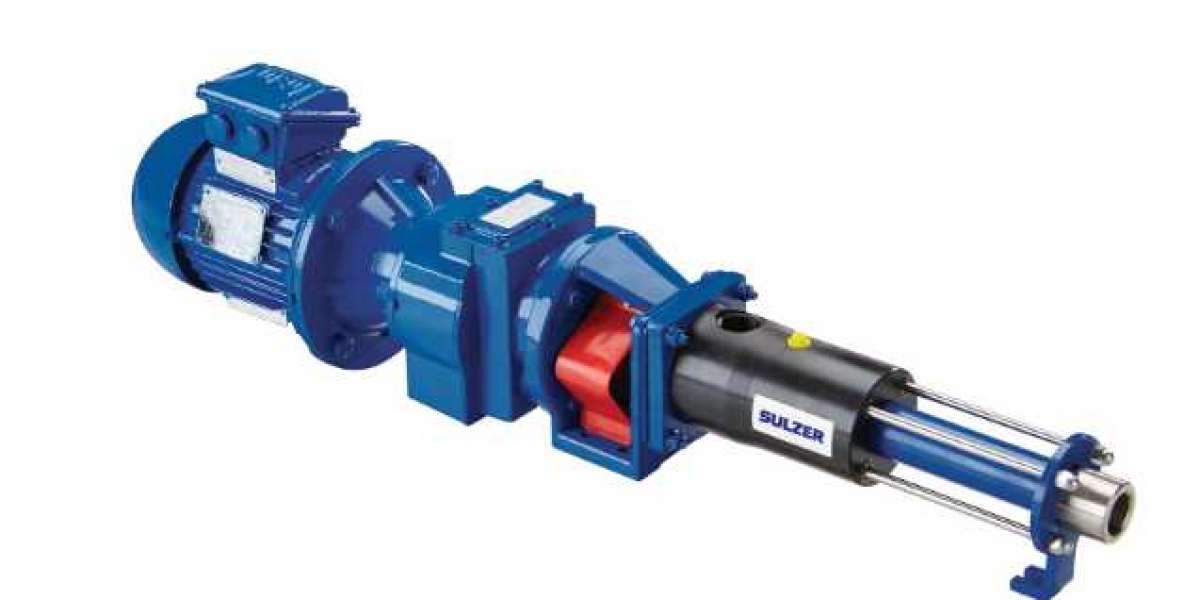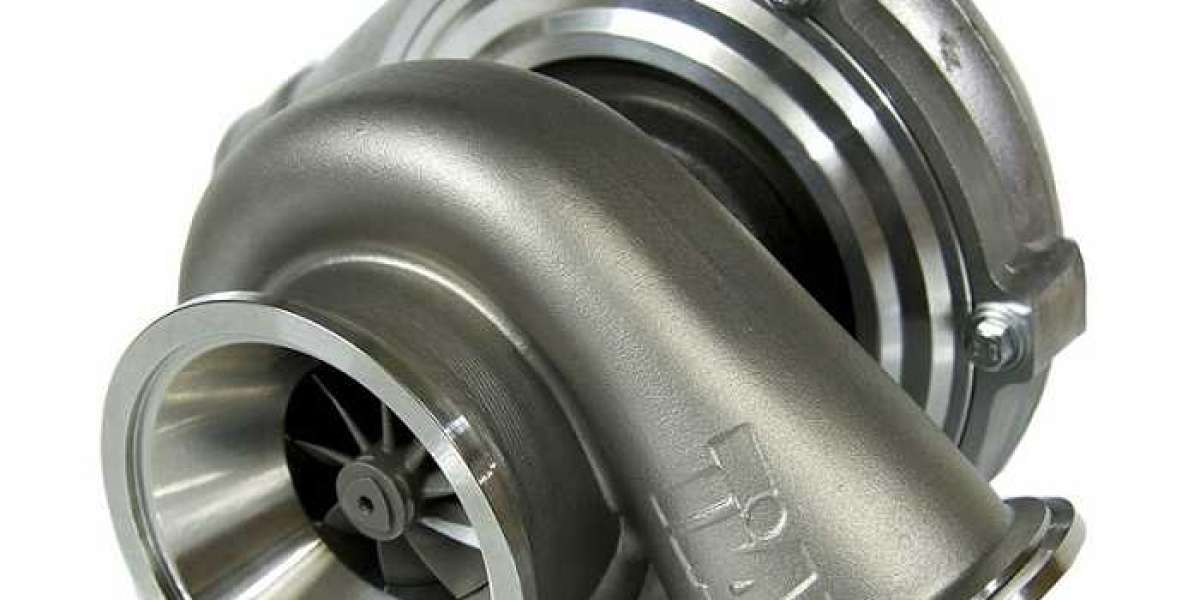Exploring Stainless Steel Progressive Cavity Pumps
Stainless steel progressive cavity pump stands out in industrial applications for their durability, precision, and reliability. These pumps are designed to handle a variety of fluids with varying viscosities, making them versatile for dosing applications in chemical dosing systems.

The Role of Stainless Steel Food-Grade Pumps
Stainless steel food grade pumps play a critical role in industries where hygiene and purity are paramount, such as food and beverage, pharmaceuticals, and cosmetics. These pumps are specially designed to meet strict sanitary standards and regulations to ensure the safe handling of food products and beverages.
The Importance of Selecting the Right Chemicals
When it comes to dosing pumps, selecting the appropriate chemicals is crucial for optimal performance and system longevity. The choice of chemicals depends on the specific application and the compatibility with the pump materials, particularly stainless steel components.
Common chemicals used in dosing pumps include:
- Acids: Various types of acids like sulfuric acid, hydrochloric acid, and citric acid are often used for pH adjustment and cleaning processes.
- Alkalis: Chemicals like sodium hydroxide are utilized for neutralization and wastewater treatment applications.
- Disinfectants: Chlorine-based disinfectants play a key role in water treatment systems to ensure microbial control.
- Polymers: Polymeric additives are commonly dosed for flocculation and coagulation processes in water and wastewater treatment.
Compatibility and Safety Considerations
When selecting chemicals for dosing pumps, compatibility with pump materials is paramount. Stainless steel components are often preferred for their corrosion resistance and durability. However, certain chemicals may be corrosive or reactive with stainless steel, leading to potential damage and system failure.
It is essential to consult chemical compatibility charts and guidelines provided by pump manufacturers to ensure the safe and efficient operation of dosing systems. Routine maintenance and inspection of pump components are also recommended to detect any signs of chemical damage and prevent costly repairs.
Handling and Storage of Chemicals
Proper handling and storage of chemicals are critical aspects of maintaining the integrity of dosing pumps and ensuring operator safety. Chemicals should be stored in designated areas away from direct sunlight, heat sources, and incompatible materials to prevent accidents and chemical reactions.
Operators handling chemicals should adhere to stringent safety protocols, including the use of personal protective equipment (PPE), proper ventilation, and spill containment measures. Regular training and awareness programs can enhance safety practices and reduce the risk of chemical exposure incidents.
By selecting the right chemicals, adhering to safety guidelines, and maintaining pump components, dosing systems can function efficiently, deliver accurate dosing rates, and contribute to the overall effectiveness of industrial processes.









